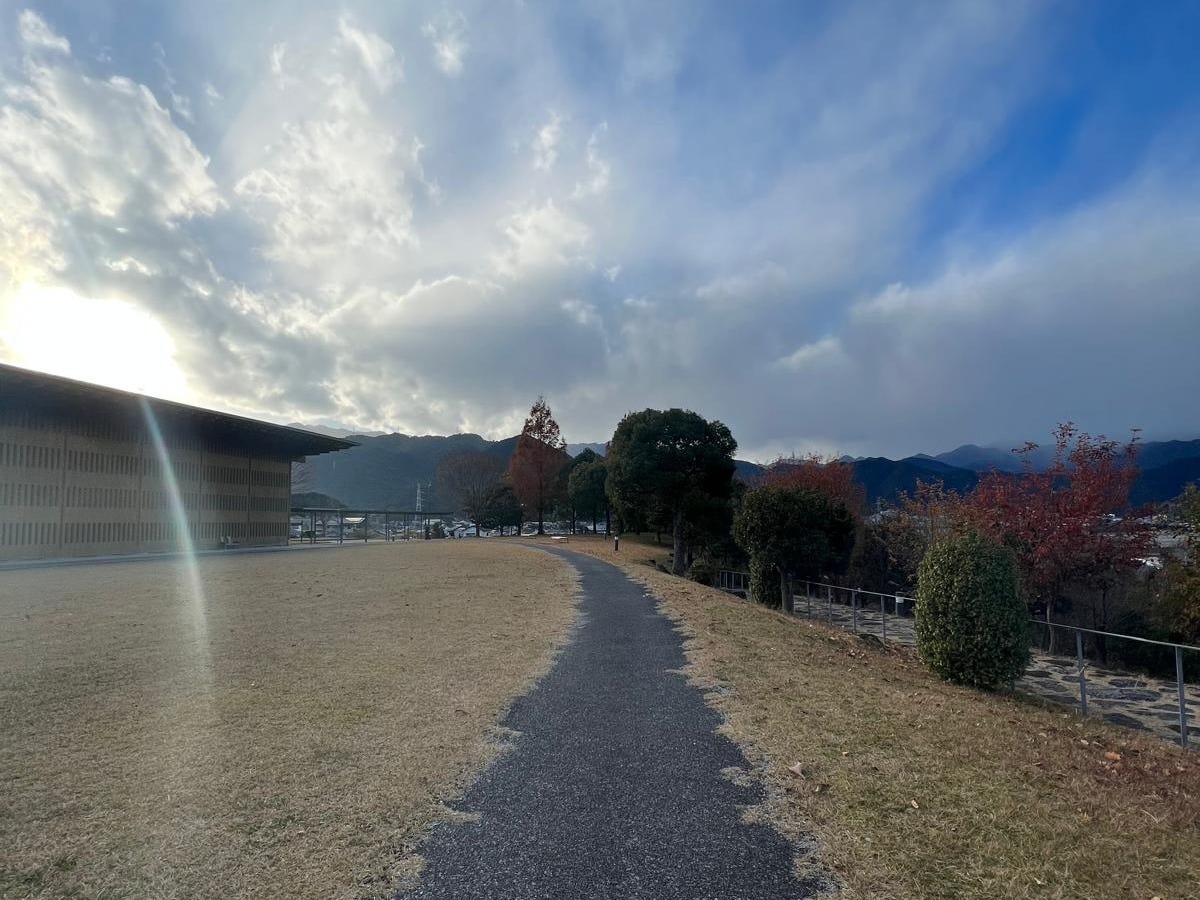When Growth Means Moving On
From Perfection to Progress to Alignment
The dictionary defines growth as the process of developing physically, mentally, or spiritually. But in real life, growth doesn’t always follow a straight line. It can feel like a roller coaster. It can spiral, double up, plateau, or push you forward when you least expect it.
The path of growth takes on a different colour for everyone. What growth means to me today might look completely different from what it means to you. That’s also the beauty of it. There’s no single roadmap. We each get to define growth for ourselves, and that definition shifts with every season of our lives.

I see life as a journey of learning, adapting, and becoming. Growth isn’t just about what we achieve, but about how we become more conscious, intentional and self-aware. As we evolve, we learn to let go of patterns that no longer serve us and make space for new ones that do.
What Personal Growth Looks Like
You become more aware of who you are
Growth often begins with self-awareness. It comes from asking basic questions like, “What do I value? What drains me? What brings me joy?” When you start noticing your patterns, your triggers, your strengths and shadows, that’s one of the clearest signs you’ve grown.
You set goals that feel right for yourself
Not just the ones that look good on a performance review, but the kind that align with the person you are becoming. Less “what should I do?” and more “what do I care about building or contributing?”
You open yourself to learning, and unlearning
Sometimes it’s a book or podcast that shifts your thinking. Other times, it’s honest feedback that stings but stays. Growth often comes through discomfort. It also comes from the humility to put aside our pride or worldview to see something differently.
Your habits begin to shift
Real growth shows up in the everyday. When your behaviours begin to change, not just your intentions, that’s when growth is taking root.
You might notice yourself:
Listening without interrupting
Responding instead of reacting
Reflecting on how you can change, instead of blaming others
Choosing forgiveness over resentment
Taking a walk instead of reaching for your phone to doomscroll
These may seem small, but they signal something more.
You become more resilient, and more at peace
Not because life gets easier, but because you get better at meeting it. You seek support when your equilibrium feels off and bounce back from setbacks faster. You accept that in life, the jigsaw puzzle will always be incomplete and stop needing answers to everything. You start trusting your ability to adapt to life’s curveballs.
My Personal Journey
Over the decades, I’ve come to see personal growth as the invisible engine behind performance, fulfilment, and meaning. Here’s how the journey has evolved through the different seasons of my life.
In My 20s: Perfection Was the Goal
Back then, I thought growth meant being flawless at work. Meeting deadlines, writing the perfect content, and giving my 101% every day. I strived to be high-performing, polished and promotable. I believed if I worked hard enough, I would eventually arrive at the peak of the mountain.
Perfection felt like the goal. But I didn’t realise how much it would cost: missed dinners, work-life conflict and some intense burnout experiences.
In My 30s: Progress Over Perfection
My illusion on perfection started to crack.
I was building teams, growing revenue, mentoring others, winning awards, trying to be everything to everyone, while also trying to a good daughter, wife and mother. I had a lot on my plate. But somewhere in the chaos, I realised that the pursuit of perfection was exhausting, and often unnecessary.
That’s when I discovered the power of progress over perfection. Stanford psychologist Carol Dweck’s research confirms that a growth mindset fuels long-term success more than raw talent could. Letting go of the pressure to be perfect, ironically, made me more human, and a better leader.
I made space for people and ideas to evolve. Even when things didn’t go as planned, those experiences brought important lessons that helped me grow.
In My 40s: Alignment Over Achievement
Now, growth feels quieter, but deeper.
I no longer feel the need to prove myself. I don’t chase every opportunity or explain every decision. I’m deliberate with my time and energy. I choose work that brings meaning. I’ve come to value alignment over achievement.
Alignment means being authentic and living in a way that reflects my values. It means showing up fully -- as a mum, a wife, a daughter, a friend, a colleague or a business partner.
In business, I focus on building fulfilling relationships, not just delivering measurable outcomes. I surround myself with likeminded people, and avoid interactions that drain my energy.
Growth Demands That We Move On
Thanks to a chance encounter with Dr Henry Cloud’s book Necessary Endings, I’ve learned that some endings in life, though painful, are essential for growth.
As Dr Cloud writes:
“Getting to the next level always requires ending something, leaving it behind, and moving on. Growth itself demands that we move on. Without the ability to end things, people stay stuck, never becoming who they are meant to be, never accomplishing all that their talents and abilities should afford them.”
No pain, no growth :-)
And so, my dear C-Athlete, I leave you with this:
May you honour the season you’re in.
May you release what no longer serves you, and
May you keep growing into the highest version of yourself.
Till next time,
Serina
For Further Reading
Mindset: The New Psychology of Success, Carol S. Dweck
Necessary Endings: The Employees, Businesses, and Relationships That All of Us Have to Give Up in Order to Move Forward, Henry Cloud


